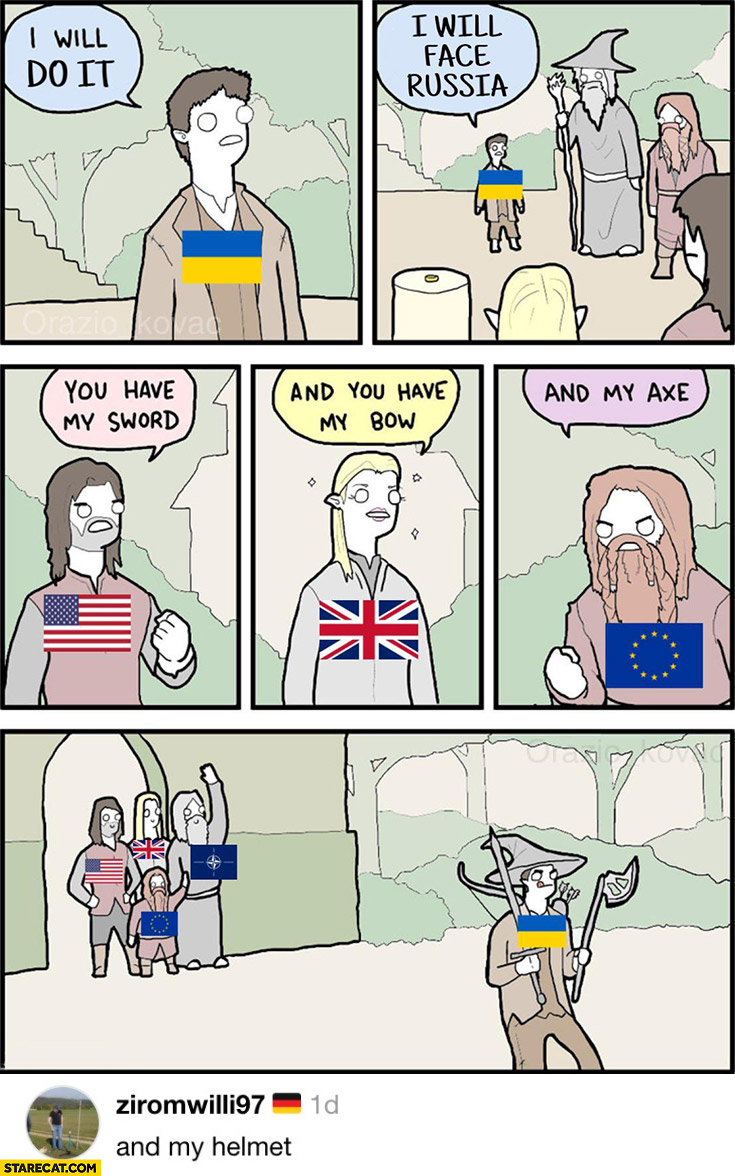Since the Iraq War, Blair has been the subject of war crimes accusations. Critics of his actions, including Bishop Desmond Tutu,[216] Harold Pinter[217] and Arundhati Roy[218] have called for his trial at the International Criminal Court.
In November 2011, a war crimes tribunal of the Kuala Lumpur War Crimes Commission, established by Malaysia's former Prime Minister Mahathir Mohamad, reached a unanimous conclusion that Blair and George W. Bush are guilty of crimes against peace, crimes against humanity, and genocide as a result of their roles in the 2003 Iraq War. The proceedings lasted for four days, and consisted of five judges of judicial and academic backgrounds, a tribunal-appointed defence team in lieu of the defendants or representatives, and a prosecution team including international law professor Francis Boyle.[219]
In September 2012, Desmond Tutu suggested that Blair should follow the path of former African leaders who had been brought before the International Criminal Court in The Hague.[216] The human rights lawyer Geoffrey Bindman, interviewed on BBC radio, concurred with Tutu's suggestion that there should be a war crimes trial.[220] In a statement made in response to Tutu's comments, Blair defended his actions.[216] He was supported by Lord Falconer, who stated that the war had been authorised by United Nations Security Council Resolution 1441.[220]
Blair and Henry Kissinger at the Munich Security Conference in 2014
In July 2017, former Iraqi general Abdulwaheed al-Rabbat launched a private war crimes prosecution, in the High Court in London, asking for Tony Blair, former foreign secretary Jack Straw and former attorney general Lord Goldsmith to be prosecuted for "the crime of aggression" for their role in the 2003 invasion of Iraq. The High Court ruled that, although the crime of aggression was recognised in international law, it was not an offence under UK law, and, therefore, the prosecution could not proceed.


